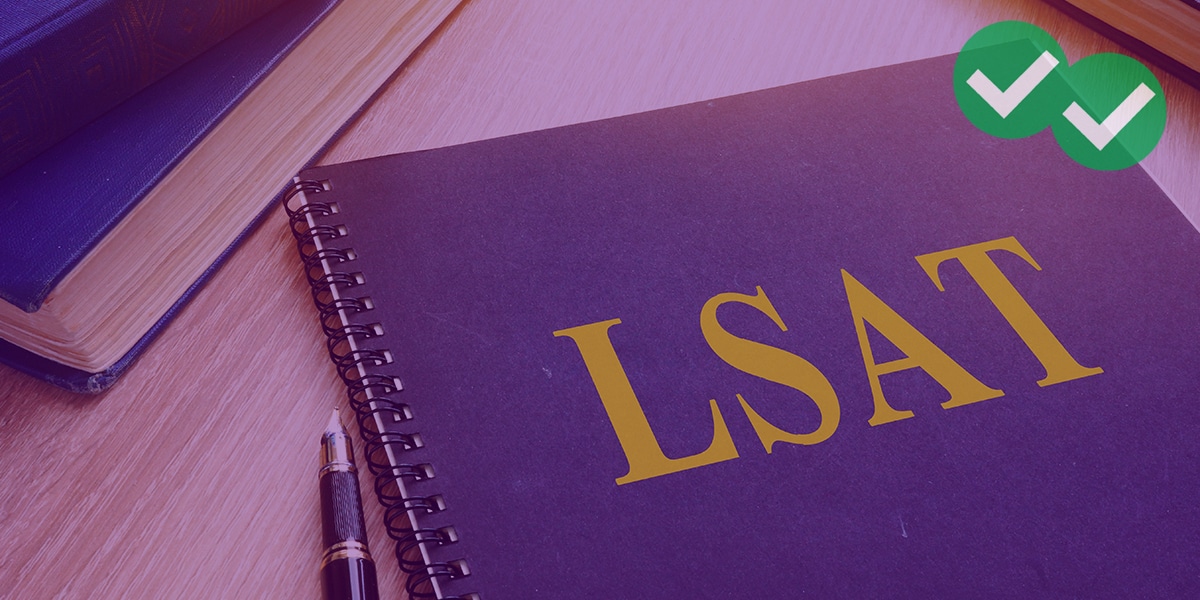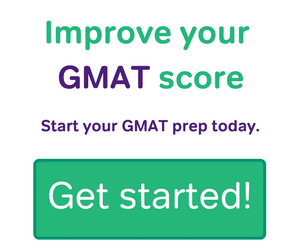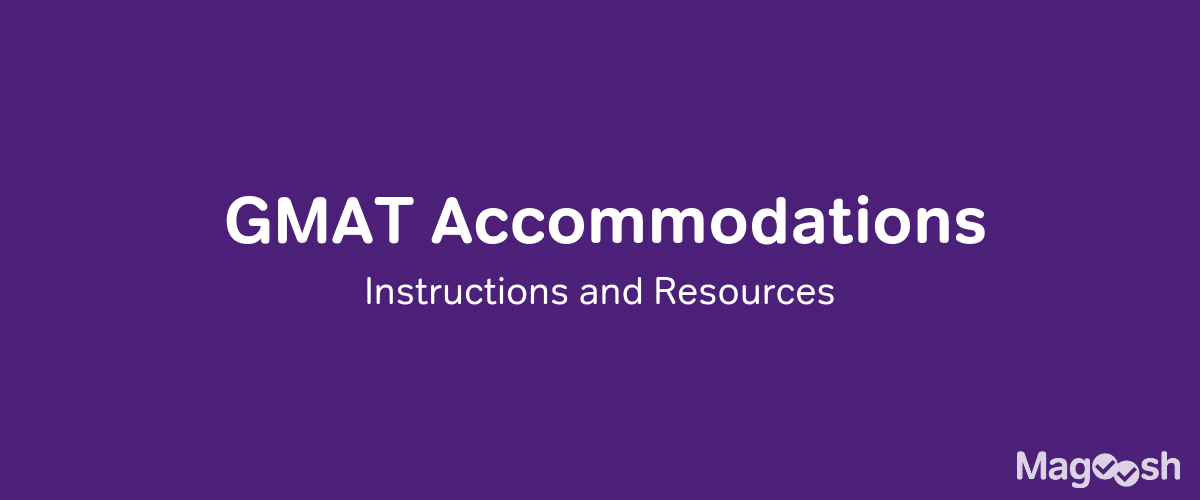
These are two standardized tests with which folks have to wrestle if they want to pursue certain professional careers. The GMAT is the standardized test required by virtually all business schools, for entrance to MBA programs; typically, the folks who take the GMAT wind up pursuing careers in management somewhere in the business world. The LSAT is the standardized test required by virtually all law schools, for entrance into JD programs; typically, folks who take the LSAT wind up becoming lawyers of some kind.
Differences between the GMAT and the LSAT
The GMAT and LSAT themselves are quite different, and even if you are well-prepared for one, you may not be particularly prepared for the other. Both have Reading Comprehension, the most basic and widespread of all standardized test questions (all professionals need to be able to read — even doctors!) Both the GMAT and the LSAT have a writing section, a single essay. Beyond those, they diverge.
Perhaps the most striking difference: there’s no math on the LSAT. Apparently lawyers don’t need to understand math? Folks who take the GMAT have a full 75-minute Quantitative section, loaded with math — and no calculator! —- as well as a largely math-y Integrated Reasoning section, which is all about interpreting various combinations of data. Numbers and data are very important in the business world, but not important in the law? If the lawyers need someone to manage the numbers in their firm, I guess they hire a business person.
The LSAT is largely “verbal” — in addition to Reading Comprehension, they also have “Logical Reasoning Questions”, which are quite similar to, but typically slightly harder than, GMAT Critical Reasoning questions — in fact, if folks preparing for the GMAT have already exhausted their practice CR questions, and they want harder questions to practice, the LSAT Logical Reasoning questions are an excellent practice source.
The LSAT also has a category “Analytical Reasoning Questions” —- these are the sort of confusing logic puzzles that math nerds usually think are fun. For example,
There are four houses on a street. Al, Bert, Charles, and Dave live in them, but not necessarily in that order. There are cars of four different colors — red, yellow, green, blue — not necessarily in that order. There are four pets — dog, cat, goldfish, and parrot — not necessarily in that order. The man with the goldfish does not live next to the person with the blue car. Charles does not have a dog or a red car. etc. etc. etc.
It’s no surprise that future lawyers have to untangle fiendishly complicated logical knots. For whatever reason, apparently business folks don’t need to be able to do this —- the logic of business is simple: it’s good to make money and bad to lose money! If it’s anything more complicated than that, the business folks hire lawyers.
The GMAT also has Sentence Correction, which is a rigorous check of grammar and syntax. While this is clearly important in the business world, apparently lawyers ain’t must to talk good. Surprising, because a lawyer’s world is 100% verbal — one would think good grammar would be essential, but for whatever reason, the LSAT does not test grammar.
The bigger differences between the GMAT and the LSAT
If you are applying to some joint JD/MBA program that accepts either test or demands both, then I hope the foregoing helped and I wish the best of luck to you!
If you have landed on this page because you simply can’t decide which direction to pursue, business or law, it sounds as if you have more important things to decide than just which standardized test you prefer.
The difference between life as a lawyer and life as a business person is huge. The choice of one’s professional path can be one of the most impactful decisions in one’s life. Choosing which career path to pursue based purely on the differences between the GMAT and LSAT is roughly equivalent to deciding whom to marry based solely on the footwear this potential spouse is wearing today. It would not be the most sound or well-informed decision.
If you are really stuck, trying to decide between a life in the business world or a life in law, I would say — forget the tests. Talk to lawyers and talk to business folks — get some inside perspectives. If you enjoy, or are inspired by, being around the people in either profession, then that’s an excellent indication that should become one of them (BTW, if you don’t like the majority of people in a profession, that’s often a stellar reason to avoid that profession like the plague!).
Remember, whatever profession you pursue, you will spend most of your life in the company of others of that same profession. —— Look at the courses offered in typical business schools and the courses offered in typical law schools: if the content of either of those curricula looks particularly appealing, that’s a good indication that it will prepare you for a career you enjoy; by contrast, if everything you need to study looks boring, then it’s hard to imagine that it will prepare you for something you will find fascinating.
Making the big decision
Those are some perspectives that may help. Since this is, potentially, a major life-altering decision, I will share a few more thoughts. The head, one’s intellectual and analytical capabilities, is excellent in the fact-finding phase of an important decision, but it’s not really the right “tool” to make the decision.
You see, if you have decide between A and B, then the head can construct a series of flawless arguments about why A is the best, why A is the worst, why B is the best, why B is the worst, etc. You can drive yourself crazy chasing these arguments in circles. The head is designed perfectly for simple problem solving, but not necessarily for life-altering decisions. I believe the best way to make any important decision involves shutting the head off.
What do I mean? Wait until you have a moment when you are calm and relatively unstressed, but awake and alert. Breathe deep and simply focus on being relaxed. It will help if you have practiced some mindfulness, especially toward your own thoughts.
It will help if you have called into question some of your own stories. When you are calm, relaxed, passive, aware of your breathing, aware of your body, then you may well become aware of deeper feelings, some kind of signal or image or voice from the body. Some people experience this in their hearts, others in their solar plexus or deep in their gut. Some people get spontaneous images, some feel vibes, and others actually sense an “inner voice.”
You see, if your head has been weighing sides in a momentous decision, chances are very good that other, more fundamental levels of who you are, are ready to “weigh in” on the big decision, and you need simply to make enough space for these “voices” to be heard. Many times, folks who had been confused or conflicted at the head level find that just one clear experience of the feeling in their core, in their center, is more than enough to decide the issue for good.
Summary
The GMAT and the LSAT are very different, and not surprising, they prepare you for careers that are very different. Questions about the tests? Questions about anything I have said here? Let me know in the comments below. 🙂






Leave a Reply